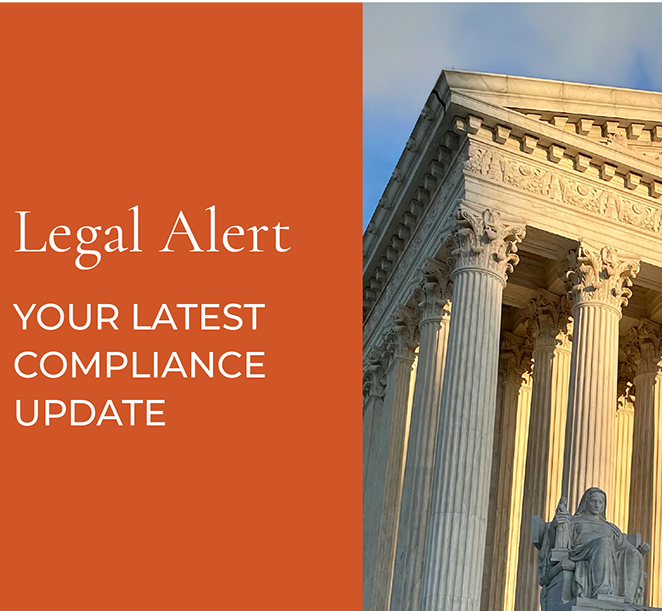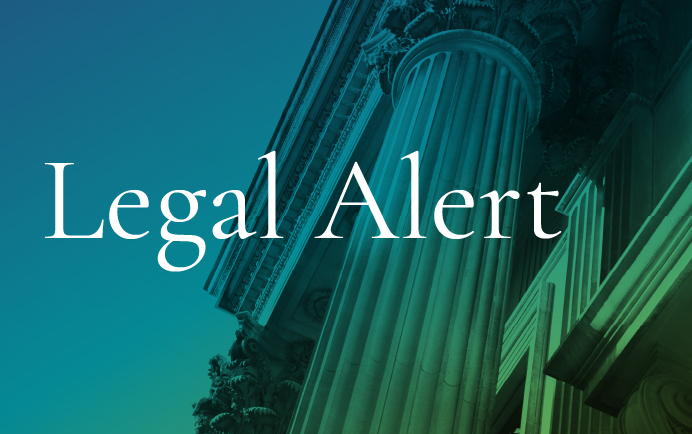Unintended Consequences of Employer COBRA Subsidies
Last week, benefits compliance attorney Marilyn Monahan presented a webinar on “COBRA in the time of COVID-19.” And one topic came up that deserves more attention regarding employer COBRA subsidies.
Layoffs, unfortunately, have become part of the pandemic reality. And, for impacted employees, the health implications of COVID-19 paired with the loss of employer-sponsored health coverage in an uncertain job market compounds their stress.
Some employers, with the very best of intentions, are subsidizing COBRA as part of their severance package. While this comes from a place of compassion, it can also come with unintended consequences.
A Potential Snafu
For employers with the capability to ease the process of separation, subsidizing COBRA for more than one (1) month can potentially create a financial hardship or gap in healthcare coverage down the road.
I think it’s easiest to demonstrate with an example. So, let’s just say that the date of termination is May 1, 2020. And, as an employer, you’re providing five (5) months of COBRA coverage and one (1) month’s severance.
- 5 months of COBRA covers the former employee through Sept. 30, 2020.
- When the subsidy ends, the former employee is well beyond the 60-day qualifying life event (QLE) special enrollment period (SEP) for a marketplace plan.
- To continue healthcare coverage, the employee must pay COBRA premiums for October, November, and December.
In these uncertain times, this means that if the former employee hasn't secured health insurance from a new employer before the subsidy ends, going this route essentially "forces" them to pay COBRA premiums for the remainder of the calendar year so they don't have a gap in coverage. (Myself, I went 5 months between jobs in a hot job market).
And bearing the cost of COBRA premiums for 3 months may be difficult when there are more affordable marketplace options (as well as free or low-cost health insurance for kids and teens).
Wait, but...what about the FAQ on Healthcare.gov?
While this FAQ table on healthcare.gov seems to indicate the end of an employer COBRA subsidy makes an employee eligible to elect Marketplace coverage, the site is inconsistent. There's no mention of this on the site's special enrollment period page. And, currently, there are no regulations or Internal Revenue Code to point to for official guidance.
It therefore appears that former employees *may* have the right to request a special enrollment right if their former employers stop paying for their COBRA coverage, but the rules are not clear. And, in California, the Covered CA website makes no mention of this being a qualifying event (which may be the case in other states, too).
For more background, it's worth reviewing this article by attorney Daniel J. Nugent, practicing at Bond, Schoenick & King: Employers Offering Subsidized COBRA to Employees Should be Aware of the Subsidy's Impact on an Employee's Ability to Enroll in Marketplace Coverage When the Subsidy Ends (03/25/20)
Considerations
In the absence of clear guidance, an employer may want to consider 1 month of COBRA + severance or even put the funds entirely into severance and let former employees decide how to spend it (whether on COBRA, a marketplace plan, household expenses, etc.). This will provide the most financial flexibility in a tough situation.
Plus, an impacted employee may well have other healthcare options, such as submitting a qualifying life event to get onto a spouse or parent’s plan (if they’re under age 26).





